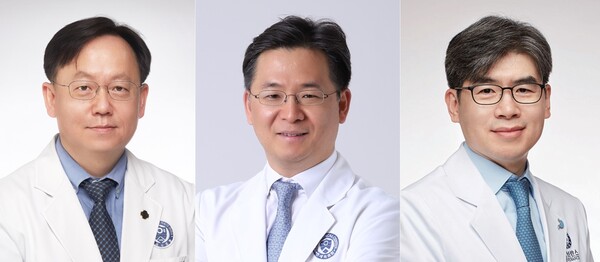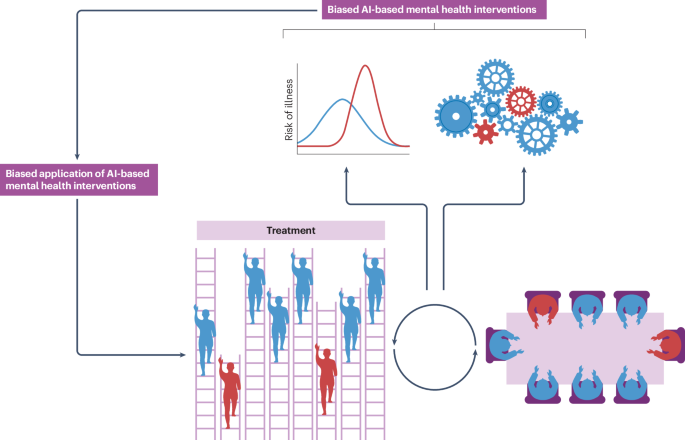Yonsei professors to lead ARPA-H initiative tackling Korea’s toughest healthcare challenges < Hospital < Article

Yonsei University Health System faculty members have been selected to spearhead three large-scale research projects under the government’s Korean ARPA-H initiative, a flagship program designed to address the nation’s most pressing healthcare challenges.

The Ministry of Health and Welfare and the Korea Health Industry Development Institute (KHIDI) are driving the Korean ARPA-H initiative through the K-Health Future Strategy Group.
The program is modeled after the U.S. Advanced Research Projects Agency for Health (ARPA-H) and aims to deliver transformative solutions in five mission areas — strengthening health security, conquering intractable diseases, securing next-generation biohealth technologies, improving welfare and care, and innovating essential medical services.
The government plans to invest 1.16 trillion won ($836.4 million) into the program over a nine year span.
In the second round of project selection for 2025, 21 research teams were chosen across 10 new projects. Among them, three Yonsei professors were named principal investigators, securing up to 17.5 billion won each in research funding over four years and six months.
Professor Kang Hoon-chul of the Department of Pediatrics will lead a project focused on developing customized antisense oligonucleotide (ASO) therapies for children with rare genetic epilepsies.
Leveraging experience at Severance Children’s Hospital’s Hanim Center for Precision Medicine, Kang aims to establish a patient-specific platform for N-of-1 clinical trials to address conditions that currently lack approved treatments and are associated with high pediatric mortality.
Office of Research Affairs University Industry Foundation Yonsei University will oversee the project, with Korean biotech firms including Sovargen and Zefit participating as partners.
Professor Byeon Suk-ho of the Department of Ophthalmology was selected to develop prime editing-based gene therapies for inherited retinal diseases, which often progress to blindness and carry a heavy socioeconomic burden.
The project seeks to establish a rapid development and validation platform targeting key pathogenic mutations in Korean patients. The consortium includes Sungkyunkwan University, Seoul National University, Asan Medical Center, and biotech firms Genemedicine and Surginex.
Professor Jung Jae-ho of the Department of Surgery will lead a project under the “securing biohealth super-gap technologies” mission.
His team aims to create a quantum computing-based parallel drug discovery platform to accelerate the design of next-generation therapeutics for refractory cancers.
By integrating quantum convergence technologies, the project seeks to overcome the limitations of traditional drug design, reduce time and costs, and expand the therapeutic landscape.
Partners include LigaChem Biosciences, Baobab AiBio, and the Bioinformatics and Molecular Design Research Center.
link






